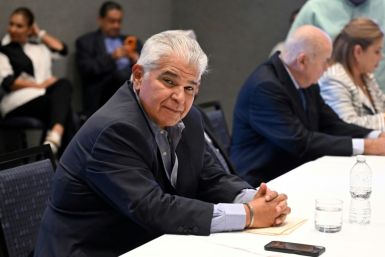Japan to Seek Help Against Cyber Attacks after Hacking of Mitsubishi Heavy
Japan intends to work more closely with private firms dealing with internet security after defense contractor Mitsubishi Heavy Industries was hacked, Nikkei business daily reported Sunday.
The U.S. government has recently urged Japan to take a stronger action against cyber attacks after Mitsubishi Heavy, which works closely with Boeing, said in September network information such as IP addresses may have been leaked.
In a Reuters report, Mitsubishi Heavy has said it so far had not confirmed any leaks on its products or technologies. An outside contractor is now checking whether any sensitive data had been breached.
Rivals IHI Corp and Kawasaki Heavy Industries have also said they have received suspicious e-mails that may be forms of cyber attacks, but the source of the e-mails have not been verified.
Working closely with internet security means Japan will give more information to such firms to prevent further attacks.
Tokyo is considering asking private companies including utilities, railway operators, defense contractors, automakers and electronics to share their cyber attacks data with public agencies, the Nikkei said.
However, Tokyo will not establish a new law requiring firms to report online breaches to the government as this would be too difficult, the Nikkei reported, adding Japan firms will only sign an agreement to cooperate with government agencies.
The government also plans to ratify the Convention on Cybercrime, a treaty dealing with network security breaches and other online crimes by establishing an international network to provide help to investigators globally, the Nikkei said.
Japan is one of almost 50 countries that have signed or ratified the 2001 treaty initiated by the Council of Europe on cyber attacks prevention efforts, but it has yet to make a strong follow through. The Japanese government will hold a meeting Friday to boost information security, the Nikkei reported.






